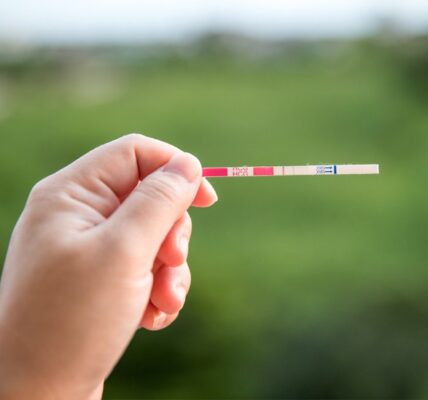
Incubators are essential tools for growing and maintaining cultures in the laboratory. They provide an environment that is ideal for microbial growth, allowing researchers to safely propagate bacteria and other microbes. The use of incubators also ensures that cultures remain free from contamination.
Incubators come in various sizes, from desktop models suitable for small research projects to walk-in units for large scale operations.
The temperature, humidity and CO2 concentration can be adjusted within each unit to suit the type of culture being grown. In addition, some incubators also offer adjustable lighting levels, airflow or oxygen concentration to further customize the environment for optimal growth conditions.
How to Choose an Incubator
The most important consideration when selecting an incubator is ensuring that it can maintain a consistent temperature within the desired range. If temperatures fluctuate wildly, then cultures will not grow as expected and may even be damaged.
Additionally, the size and shape of the incubator should be chosen to maximize efficient utilization of space. If an incubator is too small, then it will not be able to accommodate large scale cultures, while an unnecessarily large incubator may waste energy.
Humidity and CO2 concentrations within the incubator also need to be taken into consideration. Humidity levels should be adjusted to match the culture requirements, while CO2 concentrations should be kept at optimal levels in order to promote growth. If either of these levels are too low or too high then cultures may not grow as expected.
How to Grow and Maintain Cultures Using an Incubator
In order to ensure the highest level of viability and growth of cultures, laboratory incubators must be equipped with various features that provide precise control over environmental conditions. This includes a built-in thermostat for temperature regulation, adjustable air flow settings, an indicator light to denote when the set conditions have been met, and a humidity control system to keep moisture levels at optimal levels.
The incubator is also equipped with safety features such as an alarm that will sound if any of the preset conditions are not met or if the temperature of the unit becomes too high or too low. This ensures that cultures can be maintained without risk of becoming damaged by extreme temperatures or other environmental factors.
In addition to providing the optimal conditions for cell culture growth and maintenance, laboratory incubators are also used to store cultures for extended periods of time. This can be useful when storing cultures over long weekends or holidays. To ensure that cultures remain viable, it is important to maintain proper temperature and humidity levels, which the incubator can provide.
It is essential to choose the right incubator for a particular application, in order to ensure that cultures are grown as expected and with minimal energy consumption. With the wide range of sizes, features and environmental settings available, it is possible to find an ideal incubator for any laboratory application.
Other considerations when choosing an incubator include the ease of use, maintenance requirements and certified safety standards. Ease of use helps to ensure that the incubator can be used quickly and efficiently with minimal training required. Maintenance should also be considered as it will help to keep the unit running smoothly for longer periods of time. Finally, certified safety standards provide assurance that the unit is safe to use.
By taking all of these factors into account, it is possible to select an incubator that will provide a suitable environment for growing and maintaining cultures. Incubators can be essential tools in the laboratory, allowing researchers to cultivate cultures quickly and efficiently.










